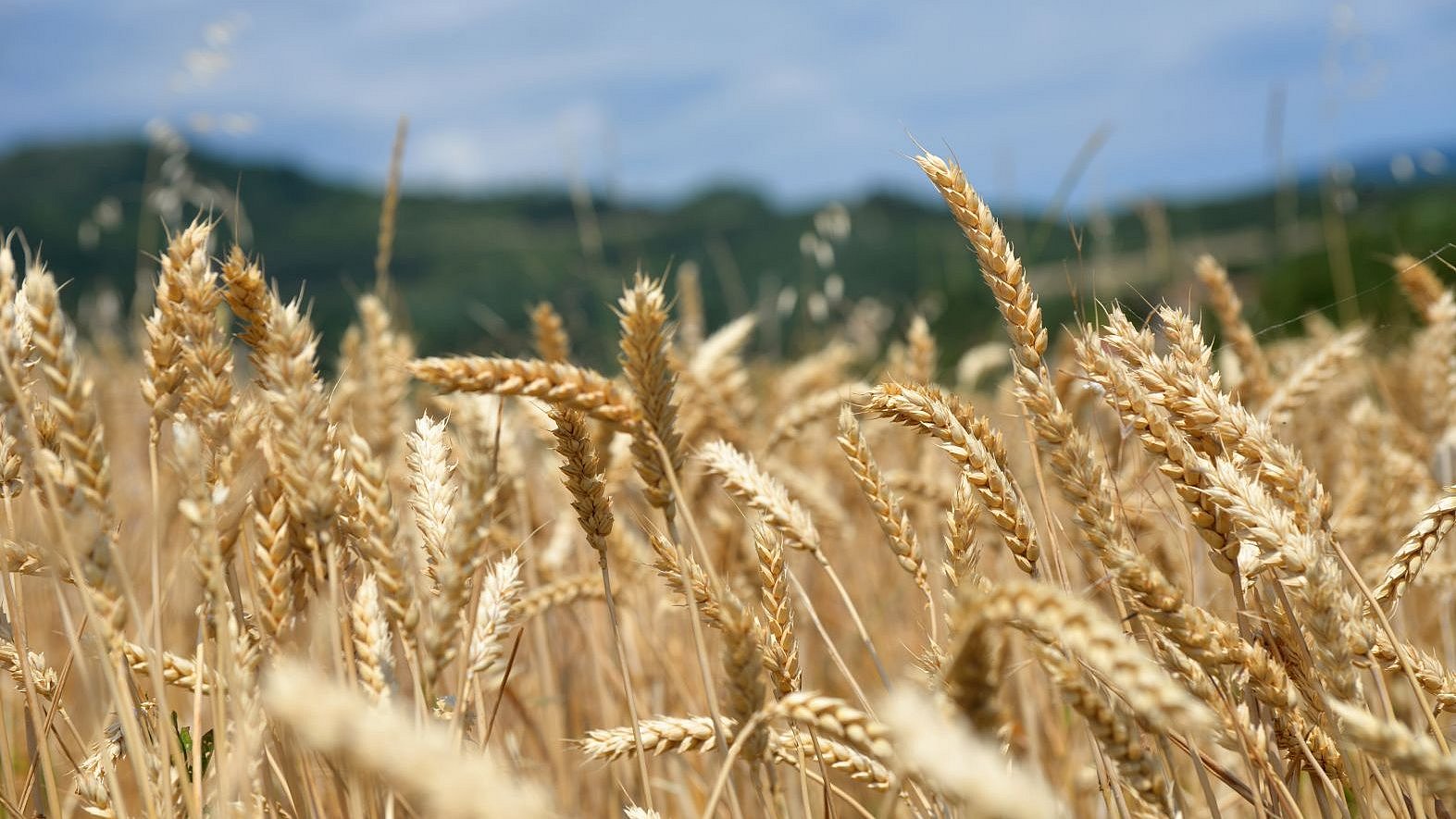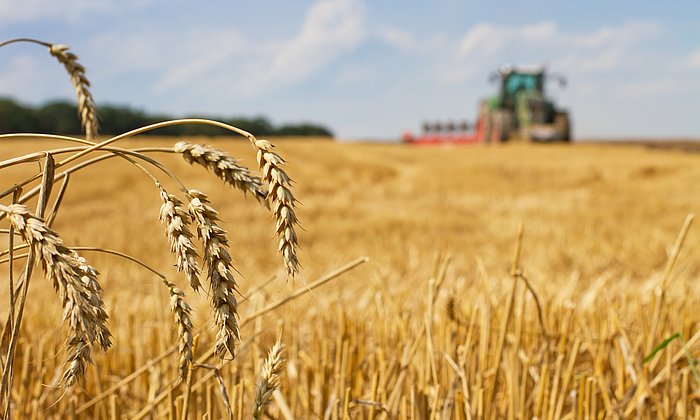Global warming leads to higher nitrogen requirements
New wheat varieties can contribute to food security

It is not always easy to find the right amount of fertilizer for wheat crops. If too little is applied, it is completely used up, but the harvest falls short of its full potential. And if too much is used, the harvest is good but the growing grain does not consume all of the fertilizer. The surplus nitrogen finds its way into the environment and damages ecosystems and the climate. But wheat is essential for satisfying the growing hunger in the world.
To overcome these challenges, Senthold Asseng, a professor of Digital Agriculture at TUM, Pierre Martre (INRAE) and other researchers have investigated new wheat cultivars still in the experimental stages. Their results have been published in Nature Plants. The team used data from five experimental fields representing global wheat producing regions with particularly high yields. The fields were included into a simulation model with other fields and analyzed under three climate scenarios: the climate conditions of today and global warming of 1 degree Celsius and 4.8 degrees Celsius. The results show the yields that can be expected from the tested varieties when different quantities of nitrogen fertilizer are applied.
Higher yields, but nitrogen remains a problem
The researchers showed that the new wheat cultivars achieve 16 percent higher yields under current climate conditions than those now used if the same quantities of fertilizer are applied. Through improved utilization of the nitrogen, i.e. greater nitrogen efficiency, the ecological footprint is reduced. However, the team also showed that overall nitrogen needs will increase in the course of global warming if the full yield potential of the plants is to be achieved – although the new cultivars will still use nitrogen more efficiently than current varieties.
Consequently, new wheat cultivars are superior to the current ones in important respects and could contribute to food security. But the struggle for responsible nitrogen management will remain an issue, and not only with regard to climate protection and the environment. The researchers point out that nitrogen can be an expensive resource. So, although greater fertilizer use may be best for the harvest, it will not be available to all producers around the world and will impose higher costs on agricultural businesses as well as customers.
Systemic approach to food security
However, the scientists now recommend continued use of the cultivars tested in the model in breeding programs: “With improved selective breeding we can close the food gap for the next 20 to 30 years. But new varieties alone will not be sufficient to reconcile the conflicting goals of global food security, environmental protection and cost-effectiveness,” says Senthold Asseng. “What we need is a systemic approach that takes into account agricultural science methods, environmental aspects, socio-economic factors and policy makers.”
Martre, P., Dueri, S., Guarin, J. R. et al.: „Global needs for nitrogen fertilizer to improve wheat yield under climate change“. Nat. Plants (2024). DOI: doi.org/10.1038/s41477-024-01739-3
The project received funding from the international Wheat Initiative.
Prof. Senthold Asseng is the director of the World Agricultural Systems Center - Hans Eisenmann Forum (HEF) for Agricultural Sciences, a Corporate Research Center of TUM.
Contacts to this article:
Prof. Dr. Senthold Asseng
Technical University of Munich
Chair of Digital Agriculture
senthold.asseng@tum.de



